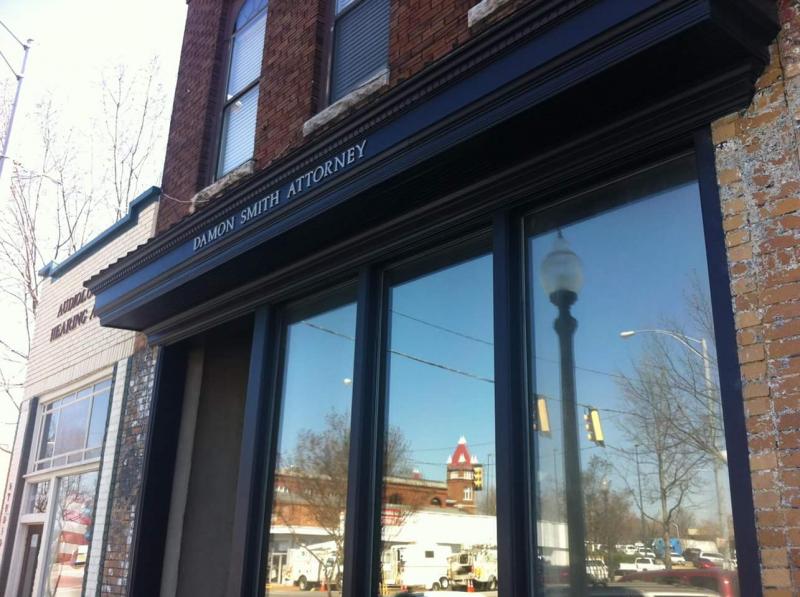Table of Content
Lenders consider borrowers with previous bankruptcy to be high risk. Essentially, it means the lender is fearful that the borrower will take out a loan and default on their payments. In that case, the lender has to repossess the car and get their money back. The purpose of a consultation is to determine whether our firm is a good fit for your legal needs. Although we often discuss expected results and costs, our attorneys do not give legal advice unless and until you choose to retain us. Consultations may carry a charge, depending on the facts of the matter and the area of law.
Each state varies in their exemptions — the equity on your property that is protected against a bankruptcy trustee reselling it to pay off creditors. This is best if you’re left behind on payments or have high nonexempt equity and you wish to keep your car. Chapter 13 allows you to get into a repayment plan for three to five years. This chapter needs you to prove that you have enough income to enter into the repayment plan.
Can You Keep Your House Or Car After Filing For Bankruptcy
It makes filing bankruptcy potentially productive,” she said. There is a way to keep your car when you file for Chapter 7 bankruptcy even if its worth more than the exemption limit. Most people filing for bankruptcy, though, dont have the bundle of cash needed to do that.

This is the best option if the car’s value is lower than what you owe the lender. You can also surrender the car to the lender if the interest rates are very high. This content is designed for general informational use only. The information presented should not be construed to be legal advice nor the formation of a lawyer/client relationship. Past results and testimonials are not a guarantee, warranty, or prediction of the outcome of your case, and should not be construed as such. By providing certain contact information herein, you are expressly authorizing the recipient of this message to contact you via the methods of communication provided.
Can I Keep My House if I File Chapter 7 Bankruptcy
Some obligations, like taxes, child support, alimony, and, in most cases, student loans, aren’t discharged in bankruptcy. For your other debts, a bankruptcy discharge means you need not pay them. Since March 2020, used car prices have risen nearly 40%, while home prices have been up around 20%.

It’s common for people who are overwhelmed by debts to worry that they might lose all of their property if they file for bankruptcy protection. The fact is that you are able to keep a significant portion of your property when you file for bankruptcy because of the amount of property we can exempt from the bankruptcy process. Each state has a list of state exemptions that people can claim to exempt different types of property from their bankruptcy estates.
Keeping Your Car After Filing Bankruptcy
A collateral provides the car lender with security while you pay off the loan balance. That’s why this type of debt is called “secured debt.” It’s also what allows a repossession to take place if there is a payment default. Reaffirmations are usually just not done in Chapter 13 cases. In a Chapter 13 bankruptcy, assuming there is a car with a loan that you want to keep, the payment Plan will require that the loan is to be paid.

To raise your score, prioritize paying your credit card bills and other loan payments on time and in full. Using less of the credit you have available can also boost your credit score. In addition, you might think about working with a nonprofit credit counseling agency if you need help more assistance improving your credit after bankruptcy.
Itâs a little more complicated if your home is worth more than what you owe on your mortgage. In that case, you may have to deal with the bankruptcy trustee. If youâre current with your mortgage payments â¡ï¸ everything will stay basically the same. Contact me today to arrange a free confidential consultation with personal Ventura bankruptcy lawyer Eric Ridley. Are you seeking debt relief but are concerned about losing your home or your vehicle when you file? Simply put, you can keep your nonexempt property, but you will have to pay your creditors an amount that is equal to the nonexempt value of your property.
This article will provide you with conditions influencing property to keep and conditions attached when filing for bankruptcy. If you have a loan secured by the property, whether the bank will agree to reaffirm the loan despite the bankruptcy. Some states offer a “homestead exemption” to help you protect your equity. Essentially, this is a dollar value for how much home equity you can protect.
The best way to protect your assets in bankruptcy is by hiring a local bankruptcy lawyer. If you have a car payment, determine whether it will be current when you file. You can't include sales costs when reporting property values on your bankruptcy paperwork. However, a Chapter 7 trustee will consider sales costs when deciding whether to sell property. Indiana does not have a vehicle exemption, per se, but you can use the state’s “wildcard exemption” to protect equity in your car, truck, or SUV. As an example, let’s say your state exemption is $7,000, and your car is worth $6,000.
If your income is below the state's median income, you qualify for Ch 7 bankruptcy. Your car registration, proof of the value of your vehicle, and proof of insurance. If you own any property, you will need your mortgage statement and proof of the fair market value of any property you own. Below is the bankruptcy form for this topic and other resources we think you'll enjoy.
One of the first questions people have when they’re thinking about bankruptcy is whether they can keep their house and car. For most people, these are the most valuable things they own, and they don’t want to lose them if at all possible. To get a better idea of what happens with homes and vehicles in bankruptcy, we surveyed our readers across the United States about their experiences. You can opt to continue paying for the loan if you opt to keep the car.

It will depend on how much equity is available to pay creditors. Hannah has been trying to sell her pickup truck for a few months. She knows that similar truck models are selling for $7,600. When Hannah decides to file a Chapter 7 bankruptcy case, the bank quotes her a payoff of $8,050. The Chapter 7 trustee will not be interested in selling her truck.

No comments:
Post a Comment